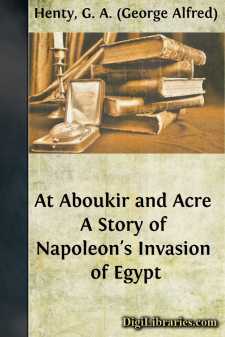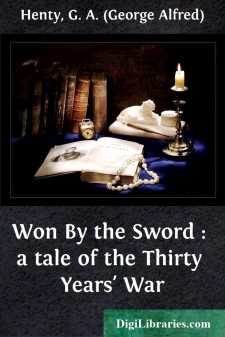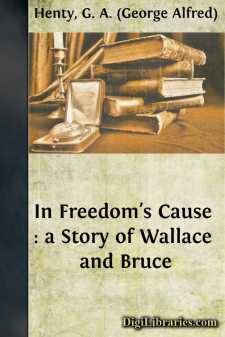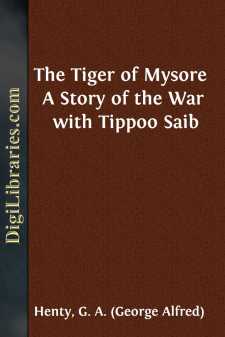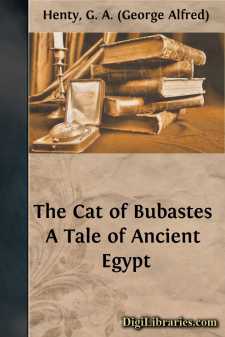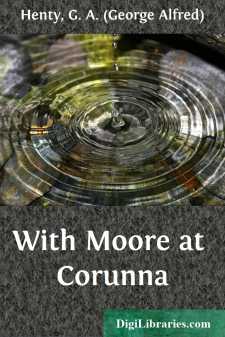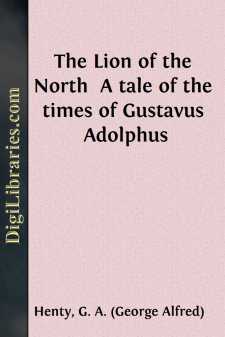Categories
- Antiques & Collectibles 13
- Architecture 36
- Art 48
- Bibles 22
- Biography & Autobiography 813
- Body, Mind & Spirit 142
- Business & Economics 28
- Children's Books 17
- Children's Fiction 14
- Computers 4
- Cooking 94
- Crafts & Hobbies 4
- Drama 346
- Education 46
- Family & Relationships 57
- Fiction 11829
- Games 19
- Gardening 17
- Health & Fitness 34
- History 1377
- House & Home 1
- Humor 147
- Juvenile Fiction 1873
- Juvenile Nonfiction 202
- Language Arts & Disciplines 88
- Law 16
- Literary Collections 686
- Literary Criticism 179
- Mathematics 13
- Medical 41
- Music 40
- Nature 179
- Non-Classifiable 1768
- Performing Arts 7
- Periodicals 1453
- Philosophy 64
- Photography 2
- Poetry 896
- Political Science 203
- Psychology 42
- Reference 154
- Religion 513
- Science 126
- Self-Help 84
- Social Science 81
- Sports & Recreation 34
- Study Aids 3
- Technology & Engineering 59
- Transportation 23
- Travel 463
- True Crime 29
Our website is made possible by displaying online advertisements to our visitors.
Please consider supporting us by disabling your ad blocker.
Rujub, the Juggler
Categories:
Description:
Excerpt
CHAPTER I.
It would be difficult to find a fairer scene. Throughout the gardens lanterns of many shapes and devices threw their light down upon the paths, which were marked out by lines of little lamps suspended on wires a foot above the ground. In a treble row they encircled a large tank or pond and studded a little island in its center. Along the terraces were festoons and arches of innumerable lamps, while behind was the Palace or Castle, for it was called either; the Oriental doors and windows and the tracery of its walls lit up below by the soft light, while the outline of the upper part could scarce be made out. Eastern as the scene was, the actors were for the most part English. Although the crowd that promenaded the terrace was composed principally of men, of whom the majority were in uniform of one sort or another, the rest in evening dress, there were many ladies among them.
At the end of one of the terraces a band of the 103d Bengal Infantry was playing, and when they ceased a band of native musicians, at the opposite end of the terrace, took up the strains. Within, the palace was brilliantly lighted, and at the tables in one of the large apartments a few couples were still seated at supper. Among his guests moved the Rajah, chatting in fluent English, laughing with the men, paying compliments to the ladies, a thoroughly good fellow all round, as his guests agreed. The affair had been a great success. There had first been a banquet to the officers and civilians at the neighboring station. When this was over, the ladies began to arrive, and for their amusement there had been a native nautch upon a grand scale, followed by a fine display of fireworks, and then by supper, at which the Rajah had made a speech expressive of his deep admiration and affection for the British. This he had followed up by proposing the health of the ladies in flowery terms. Never was there a better fellow than the Rajah. He had English tastes, and often dined at one or other of the officers' messes. He was a good shot, and could fairly hold his own at billiards. He had first rate English horses in his stables, and his turnout was perfect in all respects. He kept a few horses for the races, and was present at every ball and entertainment. At Bithoor he kept almost open house. There was a billiard room and racquet courts, and once or twice a week there were luncheon parties, at which from twelve to twenty officers were generally present. In all India there was no Rajah with more pronounced English tastes or greater affection for English people. The one regret of his life, he often declared, was that his color and his religion prevented his entertaining the hope of obtaining an English wife. All this, as everyone said, was the more remarkable and praiseworthy, inasmuch as he had good grounds of complaint against the British Government.
With the ladies he was an especial favorite; he was always ready to show them courtesy. His carriages were at their service. He was ready to give his aid and assistance to every gathering....





